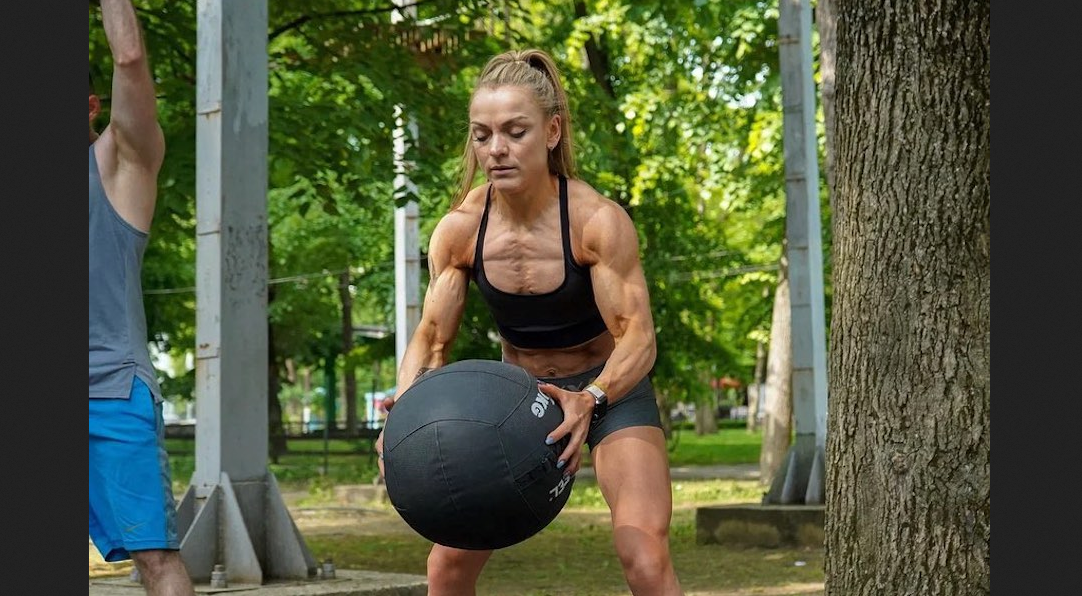Determining an "average" exercise heart rate is tricky because it depends heavily on individual factors like age, fitness level, and the type of exercise performed. However, I can provide some guidelines and insights to help you understand your own personal exercise heart rate zone.
Factors Affecting Exercise Heart Rate:
- Age: Your maximum heart rate naturally decreases with age. A commonly used formula is 220 minus your age, but this is just an estimate.
- Fitness Level: Trained individuals generally have lower resting heart rates and higher potential heart rates during exercise compared to less active individuals.
- Exercise Intensity: Low-intensity activities like walking will elevate your heart rate less than high-intensity workouts like HIIT.
Understanding Your Ranges:
Instead of focusing on a single "average," it's more helpful to understand your individual target heart rate zone. This zone represents the range of heart rates considered optimal for achieving your fitness goals while staying safe. You can calculate this using various formulas, but consulting a doctor or certified trainer is recommended for personalized guidance.
- Warm-up/Cool-down: 50-60% of maximum heart rate
- Fat Burning: 60-70% of maximum heart rate
- Cardiovascular Training: 70-80% of maximum heart rate
- Anaerobic Training: 80-90% of maximum heart rate
Additional Tips:
- Use a heart rate monitor to track your exercise intensity and ensure you're staying within your target zone.
- Listen to your body and adjust your exertion level based on how you feel, not solely on your heart rate.
- Gradually increase your workout intensity over time as your fitness improves.
- Consult a doctor if you have any health concerns or experience discomfort during exercise.
Remember, the "average" doesn't matter as much as finding your own optimal exercise heart rate zone for safely and effectively achieving your fitness goals.
































No comments:
Post a Comment